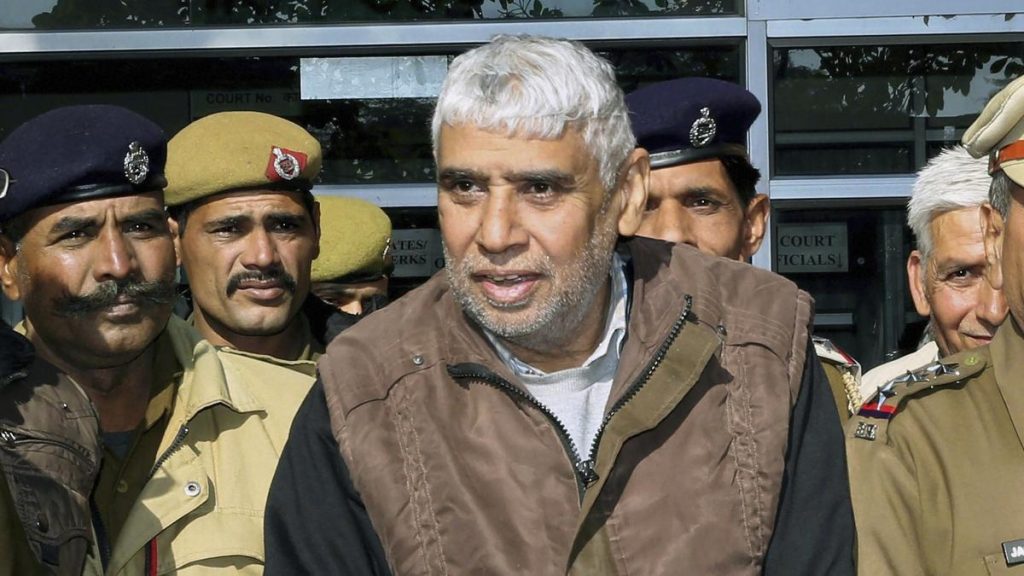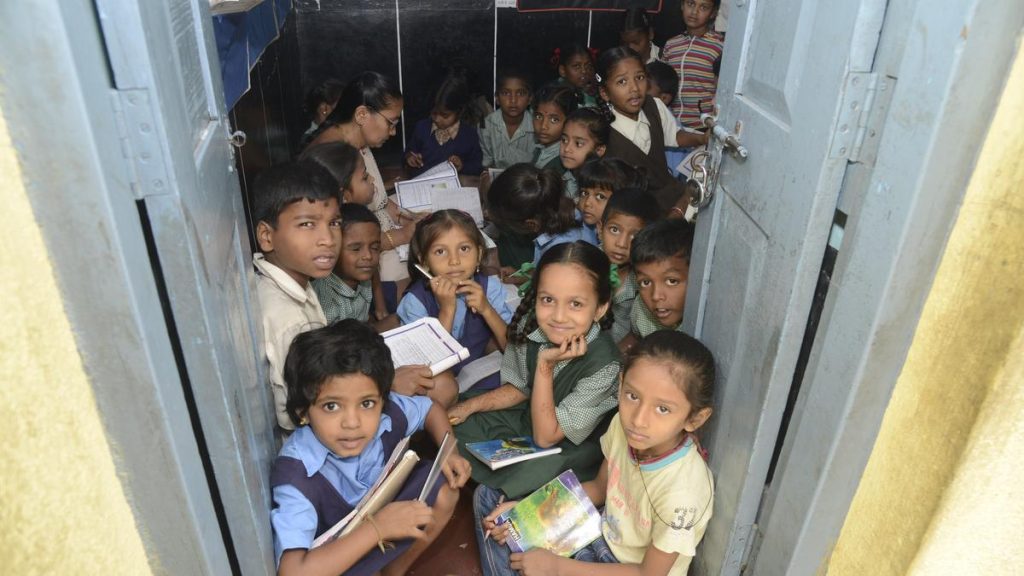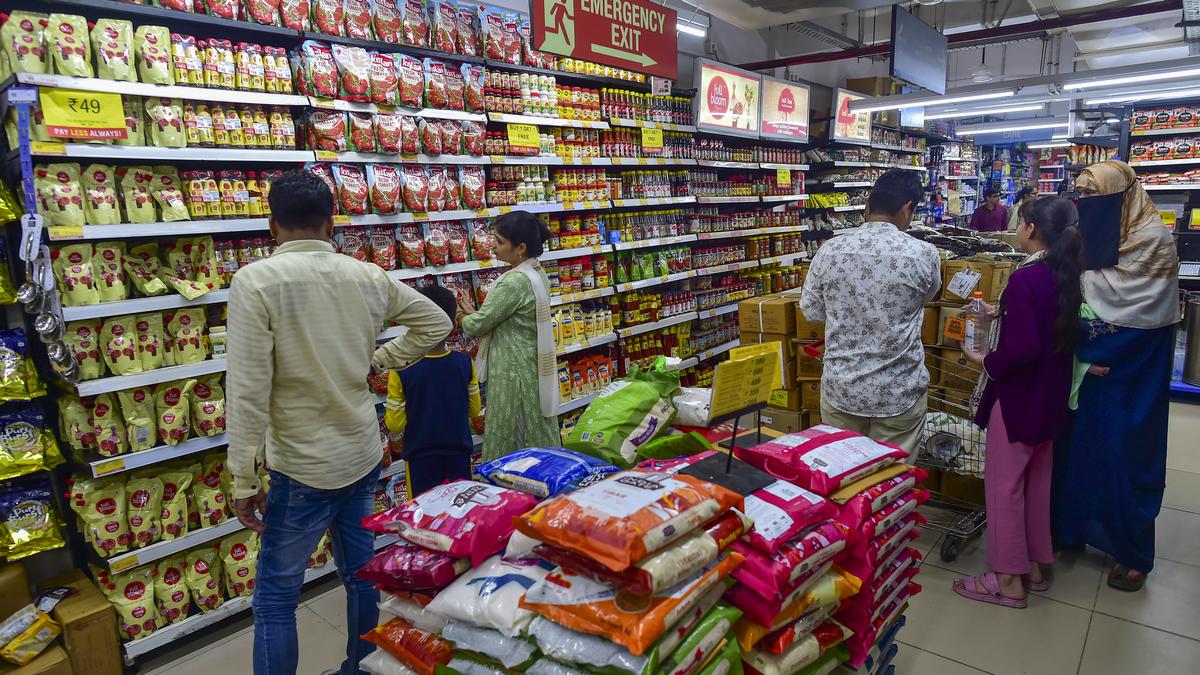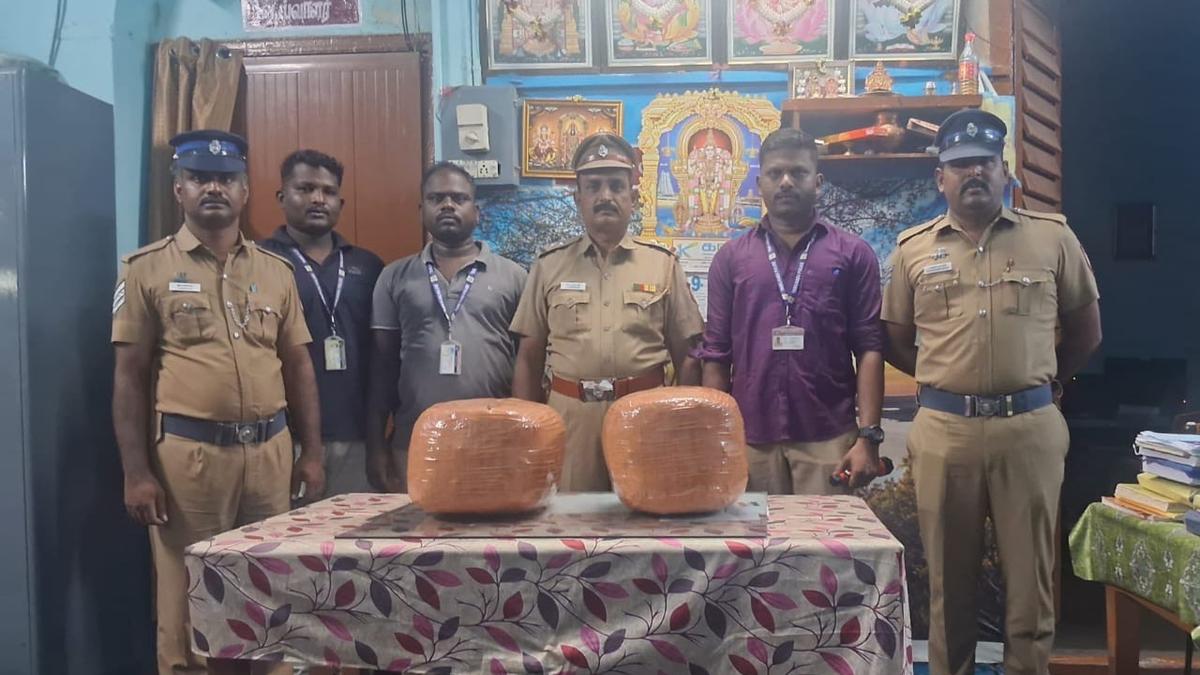Now Reading: GST Exemption for Indian Breads Sparks Hoteliers’ Concerns Over Idli and Dosa
-
01
GST Exemption for Indian Breads Sparks Hoteliers’ Concerns Over Idli and Dosa
GST Exemption for Indian Breads Sparks Hoteliers’ Concerns Over Idli and Dosa
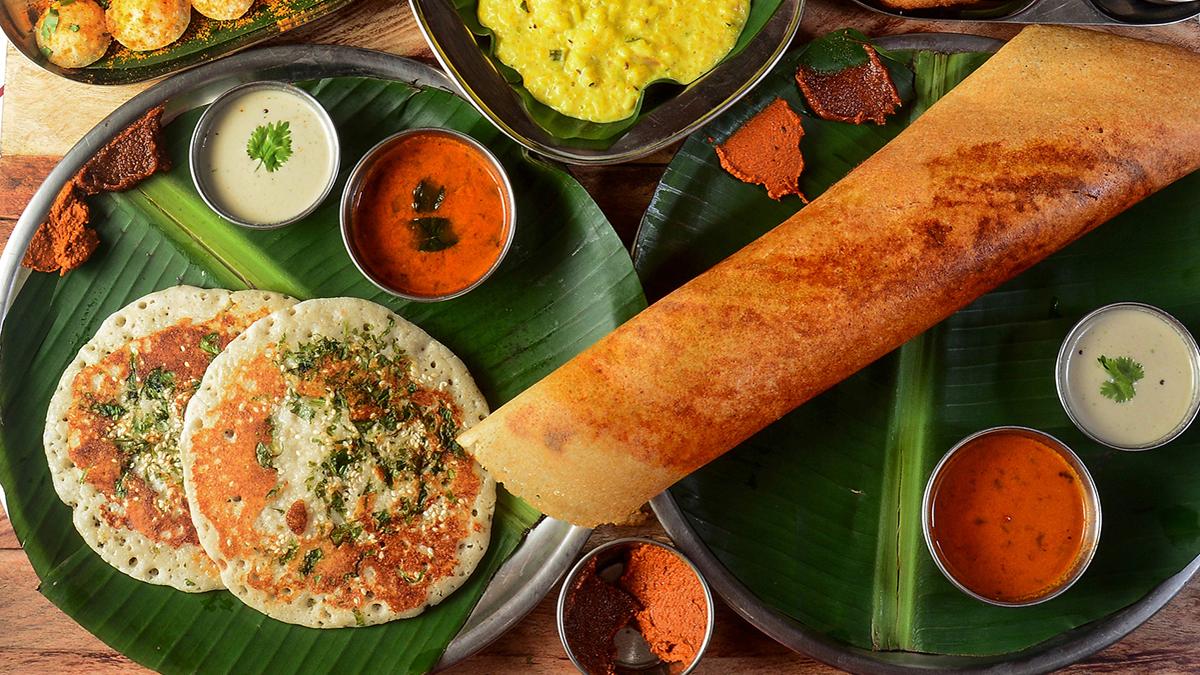
Swift Summary
- GST on Food and Hotels:
– Food from restaurants inside hotels with room rents above ₹7,500 per day will continue to attract 18% GST.
– Confusion arises over tax exemption for certain food items such as Indian rotis (e.g., parathas), while South Indian staples like idli, dosa, puttu, and idiyappam remain taxable.
- Industry Feedback:
– A GST expert indicated ambiguity in the announcement requiring further clarification onc amendments are made.
– A hotelier suggested exemptions may apply to packet foods like rotis sold in stores but not restaurant food.
- issues Raised by Tamil Nadu Hotels Association:
– Lack of input tax credit remains a significant challenge for restaurants; manufacturers of sweets and savories receive this credit.
– Request for lowering GST on commercial cooking gas has reportedly been overlooked.
- Positive Changes Welcomed:
– reduction of GST on items like UHT milk, paneer, and other milk-based products is appreciated.
Indian Opinion Analysis
The GST overhaul appears to have sparked mixed reactions within the hotel and restaurant sector. The exemption granted to specific food items such as packaged rotis raises concerns about uneven treatment compared to staples commonly consumed in Southern India-potentially signaling regional disparity. Additionally, the continued taxation of food served at high-end hotels might disincentivize those visiting solely for dining purposes without lodging.
Practical issues persist regarding input tax credits which could translate into costlier services for customers or financial strain on smaller establishments lacking support mechanisms available to larger commercial entities like manufacturers. While some concessions regarding essential goods are commendable (e.g., reduction of taxes on dairy products), unresolved demands like revising commercial cooking gas rates highlight industry challenges that remain unaddressed.
Further clarity through amendments rather than press releases will be critical in easing fears across stakeholders and ensuring equitable tax implementation across regional cuisines and service models.
Read more: The Hindu


